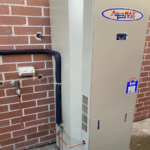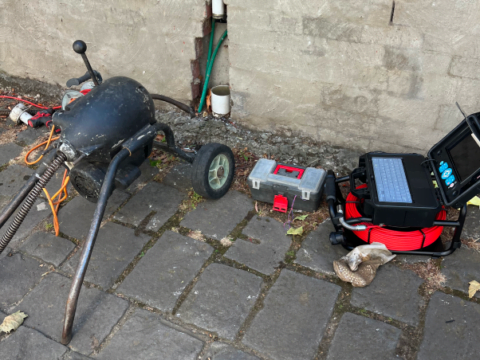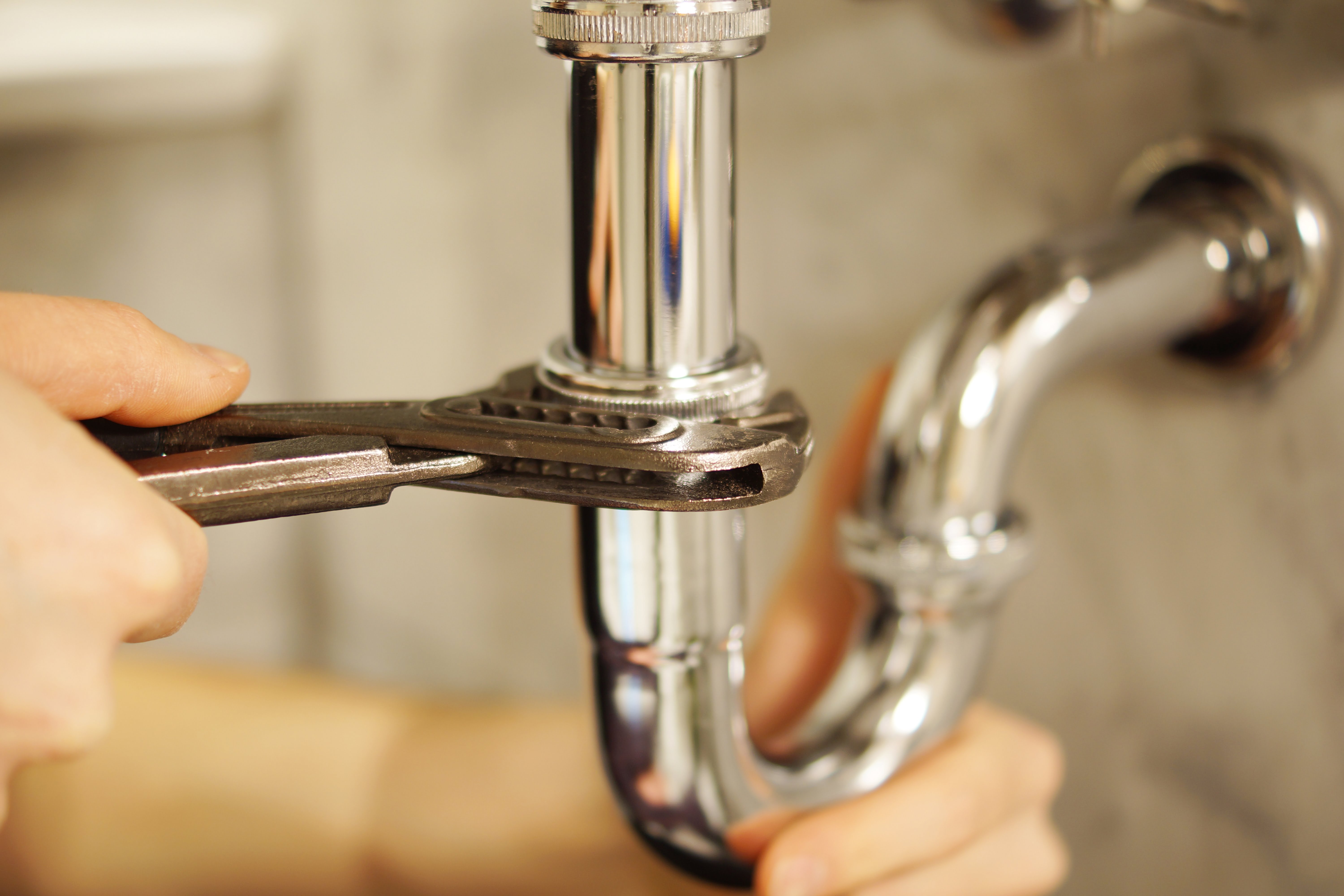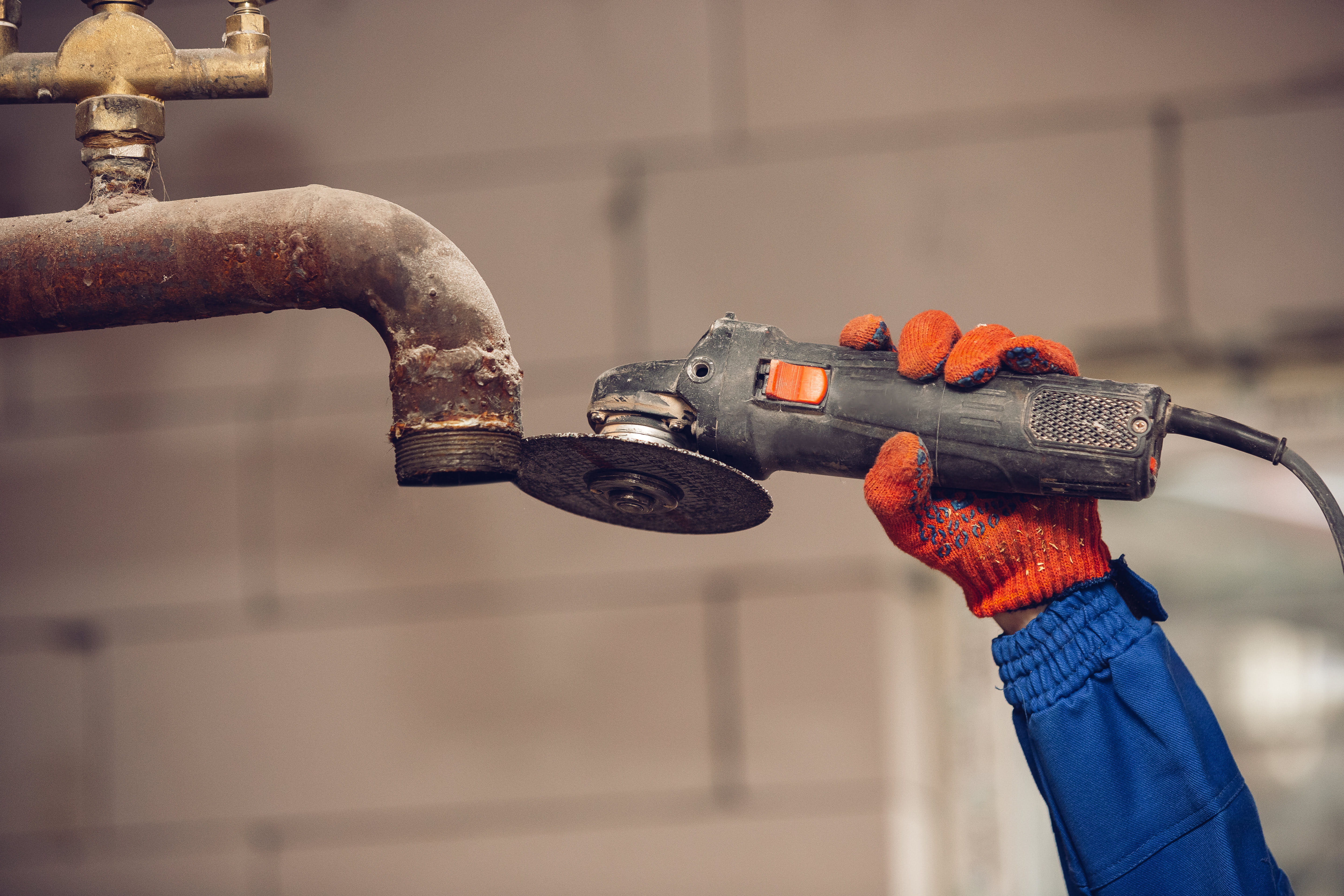- 24/7 Service available
How to Make a Homemade Drain Cleaner using Common Household items

How To Avoid Costly Hot Water Repairs
20 October 2021
Plumbing Priorities Before You Leave for Vacation
25 March 2022Fixtures that don’t operate as they should are among the most aggravating residential issues. Drains that are obstructed or backed up are a great example. In the bathroom or kitchen, drain clogs may be caused by anything from hair and soap scum to frozen grease. One of the most common fixes is to flush a chemical cleanser down the toilet. Chemical-based products, on the other hand, have been shown to be harmful. It’s also important to keep in mind the associated expenditures when your drains get clogged, as well.
Because of this, Velaqua plumber in Melbourne put up a DIY guide. You can unclog a drain with all-natural cleaners that are healthier for the environment, your plumbing, and your budget by utilizing ordinary household products.
What’s the benefits of using a Natural Drain Cleaner
Natural drain cleaners are better for the environment since they include no harsh chemicals. A natural drain cleaner is the best option for cleaning your kitchen, bathroom, shower, and laundry drains, as well as enhancing the shine of your stainless steel fixtures and fittings.
There’s no question that a commercial drain cleaner would do the job just as well. Drain cleaners, on the other hand, are often laced with poisonous and hazardous chemicals that may affect your health and the environment. Have you ever noticed how professional goods’ packaging instructs you to always use gloves and to avoid letting the liquid come into direct contact with your skin? This is due to the extremely corrosive nature of the solutions and the potential for serious burns.
Chemicals such as sodium hydroxide, potassium hydroxide, and chlorine, all of which are allowed for usage, are prevalent in branded drain cleaners. Despite this, they should not be flushed down the toilet.
What’s the Point of Making Your Own Drain Cleaner?
Using a homemade drain cleaner can save you money, and it’s a great one.
Having a short glance around the store and on the internet is all you need to do. A bottle of store-bought drain cleaning may cost higher, and most treatments are meant to be used up in a single application, making them expensive. When reading the instructions, many people assume that the full bottle should be poured down the drain to get rid of the blockage.
A bottle’s worth of medication goes down the drain every time there is a clog. A store-bought remedy can’t promise to unclog your drain, either. That’s why it’s best to go with a cheaper option. The good news is that you can make your own drain cleaner at a fraction of the price with common household products. Baking soda and vinegar may be used to clear blockages from a drain without harming the pipe or causing any damage.
For less than $5, you can pick up the necessary supplies at your local supermarket, and you’ll have enough left over to clear your drain a second and third time. It’s an easy recipe kind of thing. Everyone may join in the fun.
Here’s how to make your own drain cleaner at home and utilise it to its fullest potential:
Using Baking Soda and Vinegar to Make a Drain Cleaner
There are a few things you’ll need:
- One cup of baked soda
- Pot of Boiling Water
- 1 Cup Vinegar
- Sink Plug or Duct Tape
- Heated water
Cautionary note: The interaction between baking soda and vinegar (acetic acid) produces bubbles and froth and low quantities of carbon dioxide. A mask or well-ventilated room must be used while pouring the components down the drain, even if the chemicals are entirely natural.
- Boiling water is the first step in clearing a blocked drain. Before the rest of the solution goes to work, this might ease the obstruction.
- Drain the baking soda down the drain, pushing it between the covers. Then add the remaining half cup.
- Afterwards, gently pour all of the vinegar down your drain. Slowly pouring it down the drain is essential to ensure that the components don’t combine on the top of the sink.
- Put a cap on the sink drain to prevent water from draining out. There are a variety of ways to conceal the drain, including duct tape.
Important Note: If you use a sink, be aware that the mixture of vinegar and baking soda may froth and bubble up into it. Your cleaner will be forced downwards toward the blockage if you use a stopper or tape. Duct tape will attach to the surface if the area above the drain is dry.
- Depending on the degree of the obstruction, you may need to let it rest for 10 to 30 minutes. Only when the drain is entirely clogged, you need to wait for half an hour.
- Pour one litre of boiling water down the drain in order to clear any lingering obstruction.
- In order to eliminate any remaining blockage debris, flush the drain with hot water for two minutes.
Creating a DIY drain cleaner requires just 30 minutes of your time – all you need to get the job done. Re-cleaning the drain may be necessary to eliminate all of the clogs, oil, and obstructions that are preventing water from flowing. If it doesn’t work, you’ll need to hire a plumber.
You can count on the Velaqua Plumbing team of expert plumbers in Melbourne in drain cleaning on call in your region at all times. Your pipes will be thoroughly inspected with the aid of CCTV technology. With whichever gear you choose, you can expect a clean, fresh-smelling and thoroughly unclogged drain.



